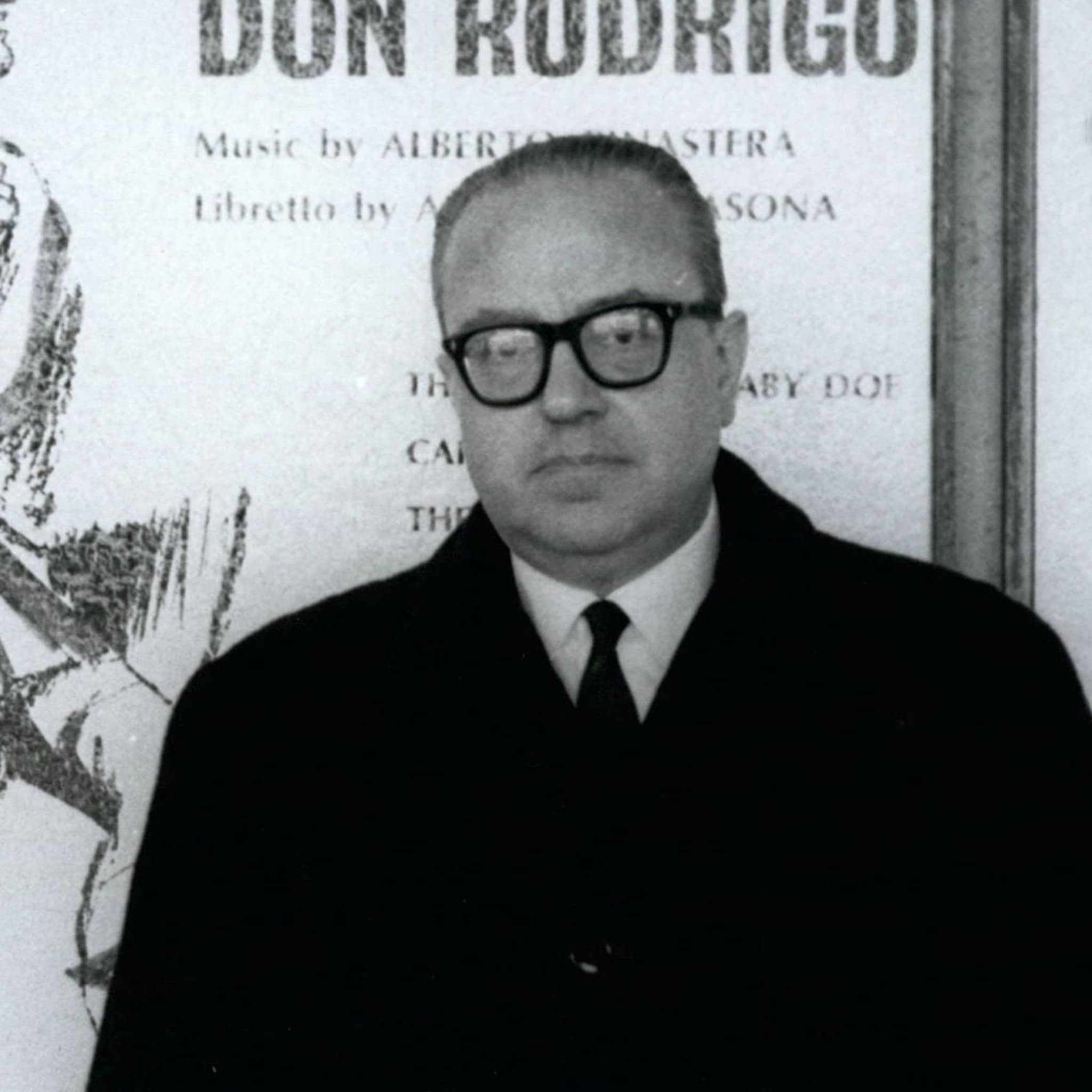Album insights
In the late 1740s, Handel composed a series of four oratorios with a distinctly militant undertone. The first one he began was Judas Maccabaeus in the fall of 1745, but he temporarily set it aside to work on The Occasional Oratorio. This piece, performed in February 1746 in London, aimed to touch the hearts of the English during a time when the threat of Bonnie Prince Charlie seizing the English throne loomed large. Handel finished Judas Maccabaeus in the summer of 1746, with its premiere happening in April 1747, proving to be a great success. Revitalized by his regained popularity and filled bank account, Handel turned his focus to the next season. He commissioned two more librettos from the author of Judas Maccabaeus, the Reverend Thomas Morell, which both depicted warlike and extremely bloodthirsty episodes from the Old Testament history. Although Handel completed Alexander Balus first, the audience at Covent Garden heard Joshua first at its premiere on March 9, 1748. The premiere of Alexander Balus followed on March 23 of the same year, with the oratorio being repeated twice during the season. The planned revival of the work in 1751 was canceled due to the death of the English heir to the throne. It was staged only once more during Handel's lifetime in 1754, with significant alterations necessitated by the new cast.
There is a popular anecdote about Morell's interaction with Handel worth repeating. Another story, likely of dubious authorship, involves Handel being puzzled by the word 'billow' in an oratorio he was composing. He sought its meaning, showing a charming human side to the renowned composer. The anecdote furthers our understanding and appreciation of Handel's creative process. The biblical story Morell drew from for his libretto is an episode from Chapters 10 and 11 of the First Book of the Maccabees, framing the oratorio's narrative effectively.
Handel's score for Alexander Balus saw intricate orchestration and vocal performances, culminating in captivating storytelling through music. From the grandeur of the opening to the intimate character portrayals, the oratorio provided a tapestry of emotions and themes for the audience to immerse themselves in. The structured acts unfold a tragic tale of love, betrayal, and divine intervention, all set to Handel's masterful compositions. The original cast brought the characters to life with powerful vocal performances that resonated with audiences.
Robert King's thorough exploration and commentary on Handel's work shed light on the intricate details and context behind Alexander Balus, painting a vivid picture of the oratorio's creation and impact on the world of music. His insights offer a deeper appreciation for Handel's genius and the enduring relevance of his works in the realm of classical music.





